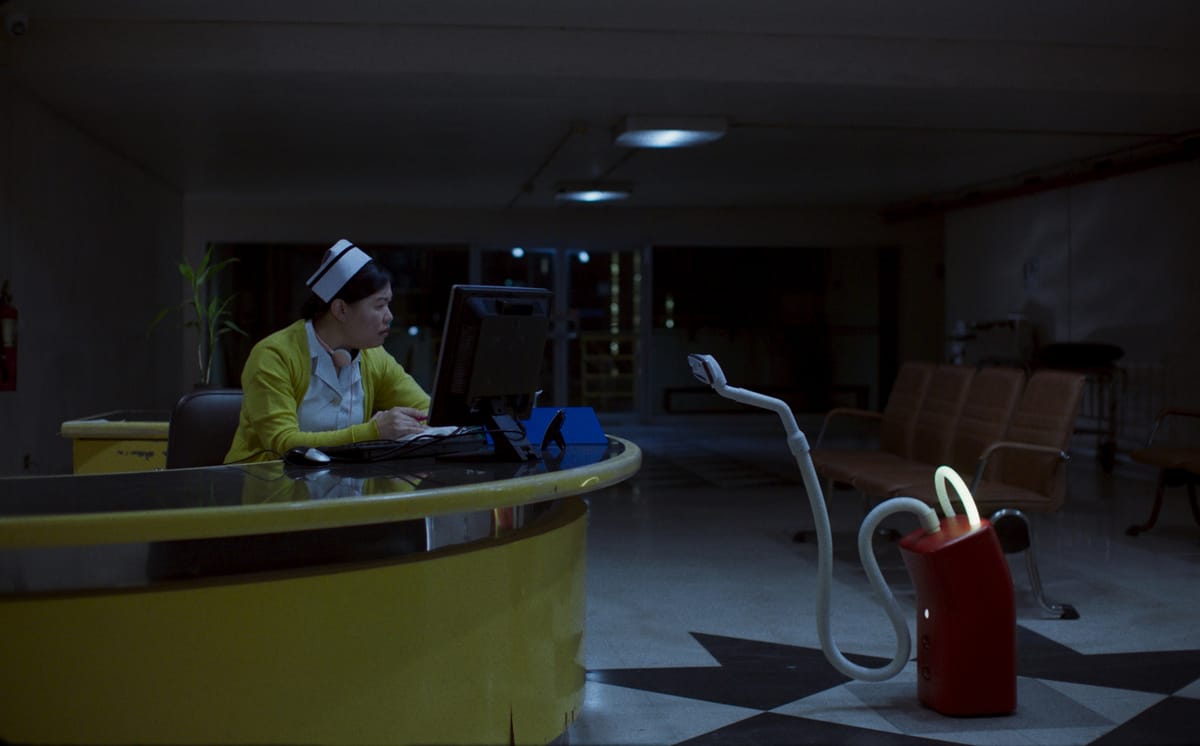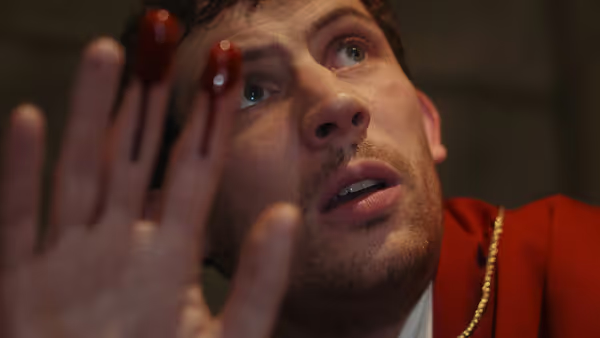A Useful Ghost | TIFF 50
Oh, you would like a romantic surrealistic tragicomedy that deals with fascism, on your screen? I got you.

Who would have thought a film about a sentient vacuum could be so tender and multi-faceted? The story and tone effortlessly shift from whimsical comedy to romance, then to tragedy, and finally to a political action thriller. I haven’t seen another film navigate these transitions so well.
What’s especially striking is how the borders between life and the afterlife are portrayed as so permeable. In Thailand, with Buddhism as the most prevalent religion, the approach to ghosts and spirits is entirely different; they are not horrors to be feared, but everyday nuisances to be dealt with, much like fruit flies.
There’s this beautiful line: “it’s not the force of electricity that moves me, it’s the force of my love.” The music is outstanding, setting the mood perfectly—especially the unexpected and evocative use of the harp.
One quote defines the premise and guides the film through all its twists and turns: “The dead return because they remember, and they are remembered.” It’s deeply satisfying and resonates powerfully by the film’s end.
Just as the music is whimsical yet grounded, the cinematography manages to be both imaginative and rooted in realism. Thai surrealism shines here; after watching, I definitely want more. The overall tone feels like the physical manifestation of a crooked smile—not wholly tragic, but certainly not sunshine and rainbows.
And every time the story seems to reach its peak, there’s still another hour to go, leaving one to wonder how the film finds even more space for its ideas.
In "A Useful Ghost" memory emerges as a powerful tool throughout, serving not only as a means of healing, but also as an engine for politics.



